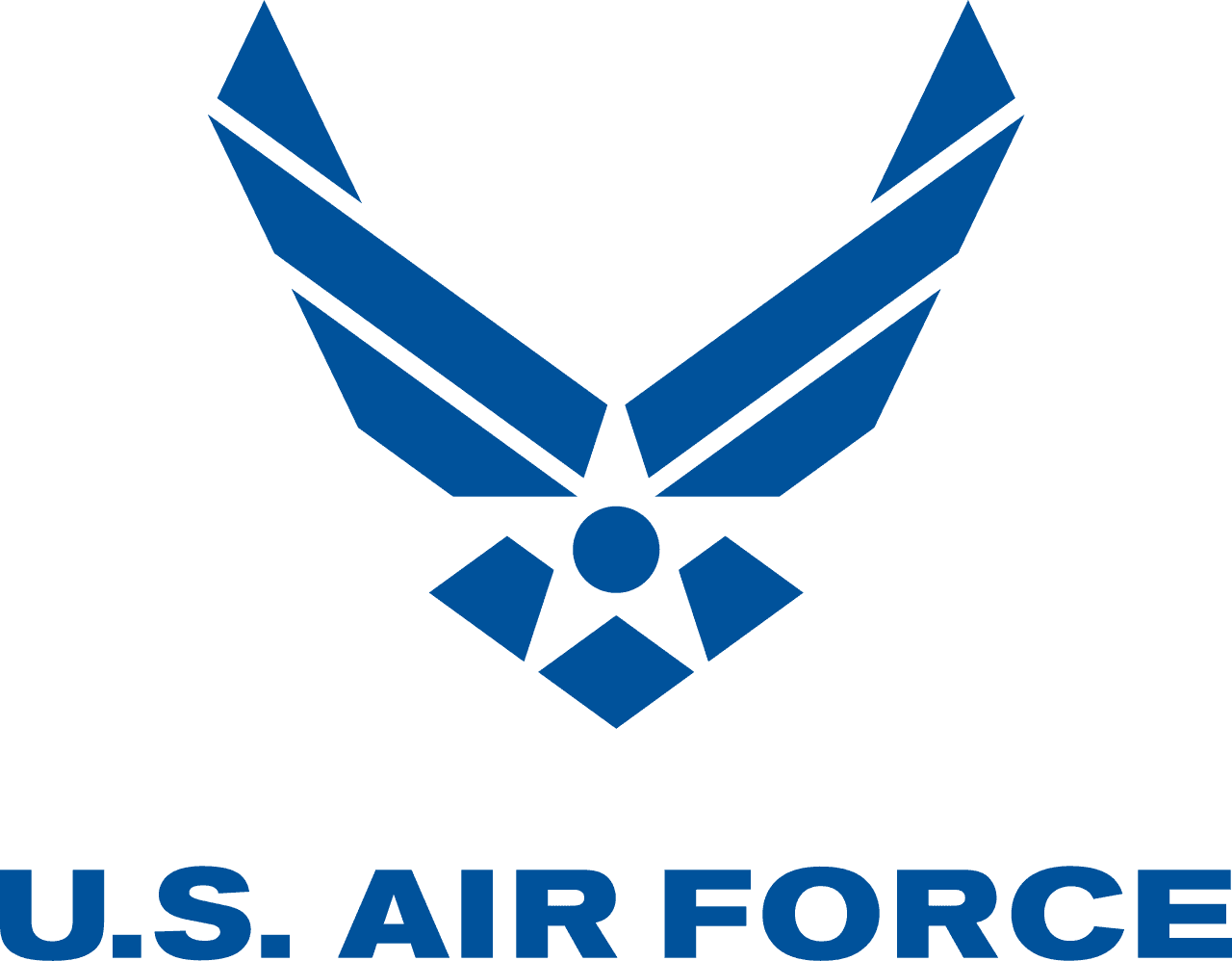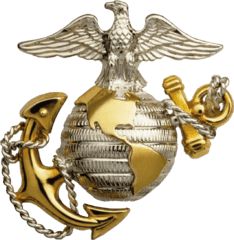Military Radar and Sonar Operators
Overview
What are the responsibilities of this role?
Radar and sonar operators set up, operate, and perform preventive maintenance on sophisticated radar and sonar equipment. They use radar and sonar to detect, track, recognize, analyze, and identify objects.
What is the work environment like?
Radar and sonar operators in the Military primarily work indoors in security-controlled areas. They work in operations centers and command posts either on land or aboard aircraft, ships, or submarines. Some may work in a mobile field radar unit.
How many people have this role in the Military?
31,539
Compensation
Understanding How Military Pay is More Than Just a Salary
Base pay is the standard income you’ll earn as a service member, providing a stable foundation to start achieving your financial goals.
- Always fixed based on rank and service time.
- Distributed monthly.
What is the typical salary range?
$50,526
$75,043
$97,701
Military Details
What Service Branches offer this role?
Is this a staff or leadership role?
What does the training for this role entail?
All enlisted service members complete basic military training, which includes time spent in a classroom and in the field, and covers tactical and survival skills, physical training, military life and customs, and weapons training. Radar and sonar operators in the Military will gain skills through classroom study and on-the-job experience. Training length varies by specialty. Job-specific training topics relate to operating radar or sonar equipment, and may include:
- Operation and maintenance of radar and sonar equipment
- Identification of ships, submarines, aircraft, and missiles
- Computation of aircraft or missile speed, direction, and altitude
- Field tactics and combat communications
Education
What level of education do professionals in this role have?
Which college majors best prepare you for this role?
- Physical Sciences, Other
- Marine Sciences
- Natural Sciences
Learn About How Military Can Pay for 100% of your College Degree
Skills and Interests
What knowledge is essential to bring to the table?
- Geography
- Mathematics
- Computers and Electronics
- Engineering and Technology
- English Language
What personality traits help people thrive in this role?
You love figuring out how things work and researching subjects that interest you.
You love hands-on work and solving practical problems — like fixing things and building stuff.
You like structure, staying organized, and working with systems to get things done efficiently.
RIASEC represents six broad interest areas—Realistic, Investigative, Artistic, Social, Enterprising and Conventional—helping individuals identify careers that match their skills and preferences.
Take the RIASEC TestData supplied by Bureau of Labor Statistics, National Center of Education Statistics, Defense Manpower Data Center (View our update schedule). Contact any business, college or military service branch to answer additional questions.




